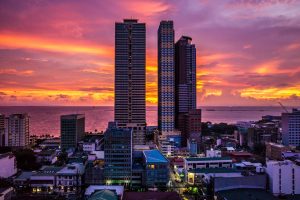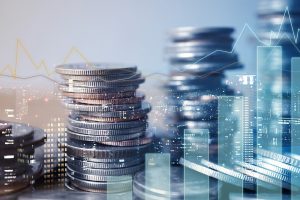Philippines finance secretary blames China for POGO exodus

Carlos G. Dominguez, the Philippine finance secretary, said the exodus of POGOs is mainly due to China’s crackdown and not because of the new POGO tax law.
The Philippines.- Carlos G. Dominguez, the Philippines’ finance secretary, doesn’t attribute the exodus of Philippine offshore gaming operators (POGOs) to a new tax law but instead believes it is due to China’s crackdown on cross-border gaming.
The Philippines’ president signed a new tax bill into law last month, obliging Philippine offshore gaming operators (POGOs) to pay a 5 per cent tax on their gross gaming revenue.
there are currently just 40 POGO licence holders that are currently operating, compared with 61 before the Covid-19 pandemic, but Dominguez says this is more due to China’s stance. Others left due to budget shortfalls.
He said: “Once the Chinese started cracking down on that, of course, the business will go down here.”
Under the new tax law, around 60 per cent of total revenue from POGOs will be assigned for the execution of universal health care programmes while 20 per cent of the revenue will be allocated to other health programmes.
The government believes it could collect PHP13.4bn (US$266.6m) in its first year of implementation and PHP32bn in 2022.
AMLC revoked two POGOs registrations
Two POGOs, MG Universal Link Limited (MG Universal) and Inner Strong Limited (Inner Strong) have had their registrations revoked by the AMLC. According to the regulator, the two POGOs failed to cooperate with its compliance checking.
Through a statement, the AMLC said: “Failure or refusal to cooperate would mean non-compliance and will be subject to such penalties and sanctions.”
The regulator said: “Supervising Authorities are further informed that the AMLC resolved to revoke the registration of those covered persons who failed or refused to cooperate with the AMLC.”
In February, POGOs were ordered to register for the electronic reporting system managed by the AMLC. The decision followed an amendment to the Philippines’ Anti-Money Laundering Act of 2001 that includes real estate developers and brokers, and offshore gaming operators under the Act.








